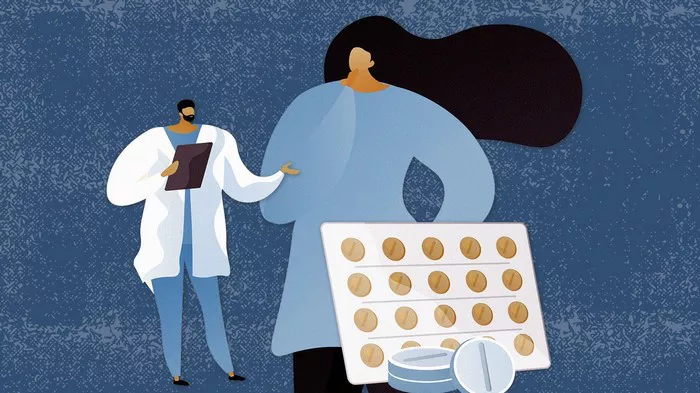The Nuu-chah-nulth Tribal Council, representing 14 First Nations along Vancouver Island’s west coast, has declared a state of emergency due to the escalating opioid crisis, which has resulted in numerous fatalities among their members and exacerbated mental health challenges within the community.
Cloy-e-iis Judith Sayers, president of the Nuu-chah-nulth Tribal Council, emphasized the urgent need for government and health authority assistance to develop tailored solutions for what she describes as a “war on trauma” linked to the community’s colonial history. “Funerals that we used to see once a month have now gone to two or three a week,” Sayers remarked, highlighting the severity of the situation.
Data from the First Nations Health Authority reveals that Indigenous individuals in British Columbia experienced drug poisoning deaths at more than six times the rate of other residents last year. Sayers pointed out that Port Alberni ranks just behind Vancouver’s Downtown Eastside for drug-related deaths per capita, calling the statistics “shocking.”
To combat this crisis, Sayers is advocating for increased funding to support overwhelmed community workers and to establish detoxification and rehabilitation centers. She expressed frustration over the prolonged timeline for making adequate detox units available on the West Coast.
Chief Councillor Wahmeesh Ken Watts of the Tseshaht First Nation echoed Sayers’ concerns, urging British Columbians to inquire about the plans of candidates in the upcoming provincial election to address the opioid epidemic. Watts displayed photographs of seven individuals from the Tseshaht First Nation who lost their lives due to the toxic drug crisis. “I need to ask people, have you ever heard the cry of a mother and a father who’ve lost their loved one? These aren’t just statistics. These are real people we have lost in our communities,” he said, his voice trembling with emotion.
The declaration event was attended by over two dozen members of the Ahousaht First Nation, many wearing shirts that read “Justice for Lennox,” in remembrance of a 20-year-old man who died from a drug-related incident in Ahousaht over the Labour Day weekend. His death was one of two young fatalities during that weekend. Curtis Dick, speaking on behalf of Lennox’s family, voiced their support for the Nuu-chah-nulth Tribal Council’s call for additional resources. “We don’t ever want this to happen to anyone else at all,” he stated.
Naasathluk John Rampanen, Elected Chief Councillor of Ahousaht, reinforced Sayers’ plea for more funding for First Nations to address the toxic drug crisis. “The state of crisis and emergency that we’re in has been in effect for many, many years, falling on deaf ears with the provincial and federal governments,” he said. “We know that the solutions and the healing pathway is there for us; we have those solutions within our own families.”
Sayers noted that a meeting was recently held with government and health officials to discuss these pressing concerns, with plans for further discussions with the federal government underway. Rampanen urged government representatives to visit Ahousaht to witness firsthand the urgent needs of the community. “We definitely open our doors to those who are the decision-makers, those who have the authority and the ability to make movement relatively quickly with regard to addressing these issues,” he said.
Two weeks ago, the Ahousaht First Nation declared its own state of emergency following the loss of two individuals under different circumstances during the Labour Day weekend. Archie Little, a director of the Nuu-chah-nulth Tribal Council and member of Nuchatlaht, stressed the need for law enforcement and the judicial system to take a firm stance against those supplying drugs to communities. “We have to accept that overdose is murder,” Little asserted. “We’ve got to fix those people that are benefiting from the making and sale of very toxic drugs.”
In Ottawa, Courtenay-Alberni MP Gord Johns called on the federal government to provide mental health resources in response to the Nuu-chah-nulth Tribal Council’s declaration of a state of emergency. Johns revealed that the NTC had applied for funding through the Substance Use and Addictions Program earlier this spring but was denied. “Communities across the country are in crisis,” Johns said. “They don’t have the resources they need to support people struggling with mental health, trauma, and substance use disorders. But the Liberals keep delaying support.”
You Might Be Interested In:
-
Bipolar Disorder Associated with Sixfold Increased Risk of Early Death from External Causes
-
New Mechanism Uncovered That Could Transform Infertility Care by Enhancing Embryo Implantation
-
Study Reveals Casual Blood Glucose Tests Miss Most Gestational Diabetes Cases

